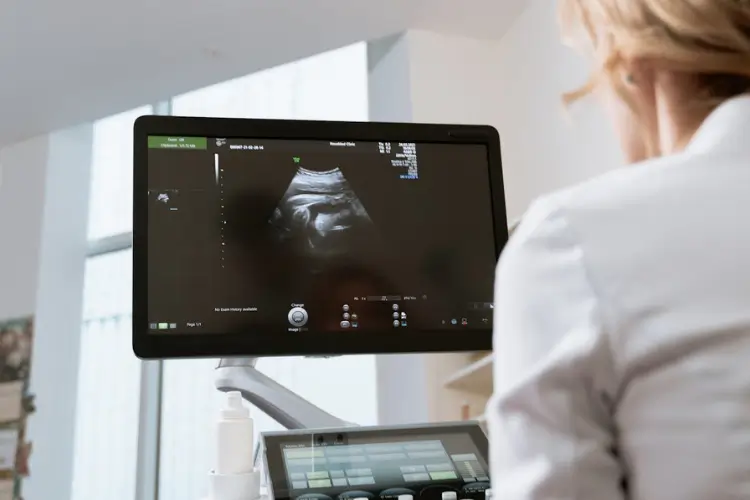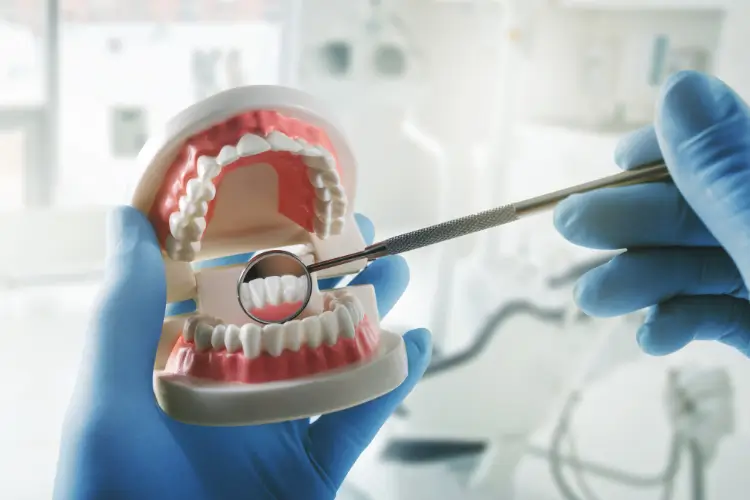It is truly a big life decision starting a family and definitely something you need to think through very carefully. Working with a health provider could help make the road to pregnancy as healthy and as informed as it can be. If you want to get pregnant, this article lists six questions you should ask your doctor.
1. Preconception Health Steps – What Should Be Done?
Ask about required lifestyle changes, like diet exercise, and whether or not certain supplements may be beneficial. Furthermore, folic acid is usually recommended to prevent neural tube defects. You also want to talk about any medical problems, for example, diabetes or hypertension, that may interrupt the pregnancy. Knowing how to maximize one’s health prior to conception can bring on a healthier pregnancy. This proactive approach will help find out any possible risks and ready the body for the pregnancy changes. Besides committing to a healthy weight via a healthy diet and keeping active, as well as avoiding harmful substances such as tobacco and alcohol, there are other things you can do to support fertility and a healthy pregnancy. Regular checkups further help keep an eye on health markers and address any problems early so that they don’t interfere with conception as much.
2. Can There Be Any Medications That Need To Be Checked?
Some drugs can cause sterility, and other medications are harmful to pregnant women. If you are taking any pharmaceuticals, you should consult a care professional. Before you attempt to conceive, find out if you have any existing prescription or over the counter medications you have to modify or discontinue. In addition to medications for chronic conditions, the examples include supplements and herbal remedies. Knowing what these substances mean is necessary for making educated decisions regarding health and safety when trying to conceive. This is a critical step in keeping risks to a minimum and ensuring that a pregnancy is healthy. A healthcare provider may also recommend safe alternatives for any medications that may affect pregnancy. Early review of all medications and supplements gives you peace of mind and may prevent complications down the road.
3. What lifestyle changes should be considered?
Fertility and general health are hugely affected by lifestyle choices. Part of helping your mind be ready for conception is asking questions about lifestyle changes you might be able to make that may improve your chances, too. In some cases they may suggest you eat a healthy balanced diet, some exercise and be a healthy weight. Let them talk about the bad things you should not do, such as using tobacco or use of substance abuse. But also, controlling stress through relaxation techniques or counseling can be helpful. An understanding of how lifestyle factors affect fertility can help individuals make smart and informed decisions related to their reproductive health.
4. What can family medical history do to impact pregnancy?
Family medical history can be a big help in early pregnancy planning, including research on any hereditary conditions or genetic disorders that may matter. Where these factors apply, consulting with a gynecologist in Richmond, VA, or any location will help you know potential risks and if genetic testing or counseling would be advisable. Talking about age, past pregnancies, and health problems helps a doctor tailor care to you. This information allows healthcare providers to give personalized advice and monitoring during a pregnant woman’s total journey of pregnancy, making this a proactive and informed continuum to maternal and fetal health. Knowledge of your family medical history may help improve your health and your baby’s health.
5. What are the signs of fertility issues?
Anyone hoping to conceive needs to understand the signs of a fertility problem. Find out what common signals indicate anything might be up with your ability to reproduce, such as periods not being regular, hormone issues, or getting older. Talk about what to do if you don’t become pregnant in a specific amount of time. This also helps one know the signs showing that there may be a fertility problem so you can make timely decisions on treatment options. A proactive approach like this is not only good for you; it can also help give you better outcomes and a more educated trip to becoming pregnant.
6. During the First Trimester, What Should We Expect?
If you want conception to happen, you have to understand what to expect during the first trimester. Your doctor can help you talk about common symptoms, the kind of prenatal care you should get, and what kind of changes you might make in your lifestyle. Sharing about why it’s so important to have early prenatal visits to take care of your health and answer any concerns. Knowing what to expect for this important time can help ease expectations and guide you to a future of change. It can inform you about a smoother transition into pregnancy or better health more generally.
Conclusion
Finally, before embarking on pregnancy, an important step is to ask the right questions, as it will be beneficial to your pregnancy journey. Through preconception health discussion, medications, lifestyle changes, family medical history, expressions of fertility issues, and discussions around expectations for the first trimester, individuals can come to know what they need to know in order to be informed. Better health outcomes and a more positive experience on the road to parenthood can come from open communication with healthcare providers.




